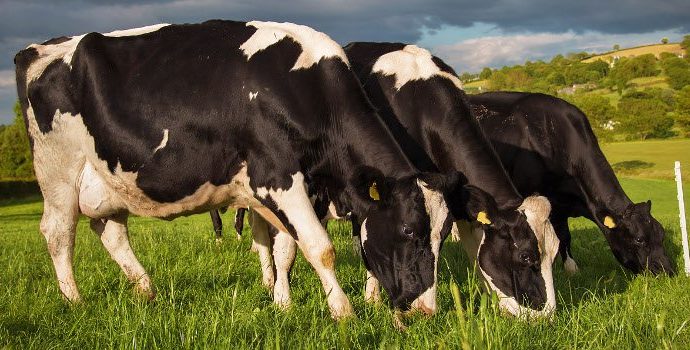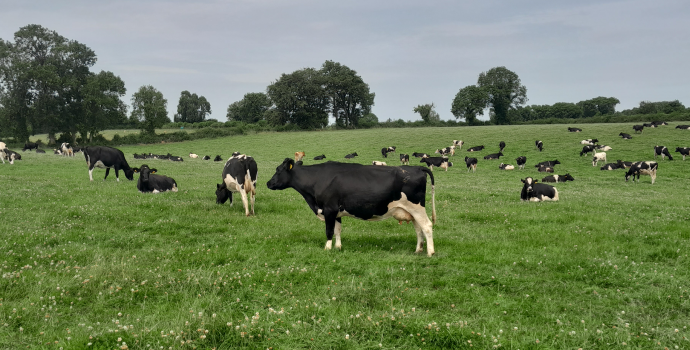Dairy Sector Needs an Extra 200 Labour Permits

IFA Dairy Chairman Tom Phelan said access to potentially skilled employees from outside of the EU cannot be closed off when our current national labour market is at full employment (4.6% unemployment in April 2019).
The dairy sector’s stakeholders will continue to progress positive initiatives relating to dairy farm employment, and will work to implement more of the recommendations in the People in Dairy Action Plan to increase recruitment at home and in the EU.
“After an understandably slow start, the current pilot is clearly oversubscribed with 49 out of 50 permits allocated, and applicants still in the system whose applications have yet to be processed,” he said.
IFA is requesting an extension to the 2018 General Employment Permit Pilot as follows:
- An additional 200 labour permits for dairy assistants;
- An assurance that farm employers who have applied for permits but for whom there are no permits left in the initial batch of 50 would retain their place in the queue;
- A more streamlined application process to simplify requirements and allow for fast tracking as necessary;
- Pro-active feedback during the assessment of the application to allow for complete missing elements to be completed as required before it is fully processed;
- A more consistent approach to the assessment of applications;
- A single team dedicated to dealing with the dairy assistant applications to ensure this consistency;
- A specific point of contact within the team reachable by phone during business hours to deal with applicants’ queries.
- A concurrent processing system for labour permit and visa, with the visa granted conditional on securing the labour permit, to avoid employers recruiting from those countries requiring an immigration visa having to incur further delay;
- Provision of more flexible labour permits allowing for repeatable seasonal permits – e.g. New Zealand dairy operatives working in Ireland for our spring and returning home for the antipodean spring – and for workers to work between industries – e.g. dairy calving season from January to March/April, then horticulture industry for late spring/summer.
- Allowance of replacement of a worker who leaves before the labour permit comes to an end by another worker – as has been recently made possible for chefs.
- Removal of the 50-50 requirement which only allows employers access to labour permits if they already employ at least a matching number of EU/EEA worker.
See our full submission here.




